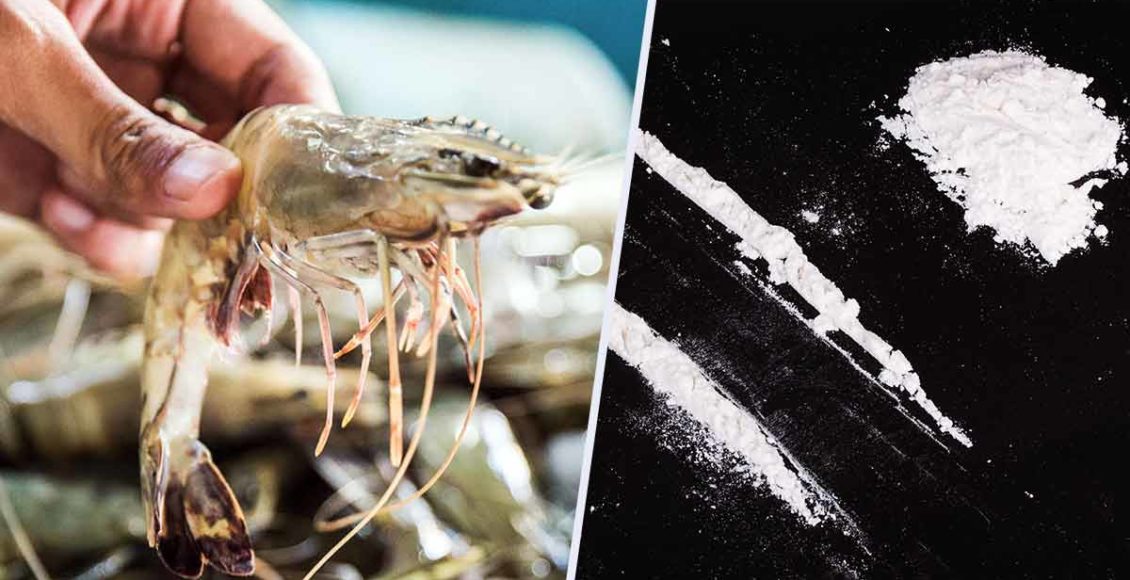Are we going to have another major pollutant of the world oceans in the near future, after oil, chemicals and, most recently, plastic, we may soon be speaking of intoxication of marine life with controlled substances such as amphetamines, heroin and cocaine.
A life-jacket packed up with 170 kg of high-quality cocaine washed ashore at Cape Shabla in northeastern Bulgaria on April 10th, Europost reported.
On May 1st, the BBC wrote that scientists from the King’s College in London had found cocaine in freshwater shrimps when testing rivers for chemicals.
The researchers tested fifteen different river locations across Suffolk in collaboration with local scientists. Their report revealed that cocaine was found in all of the collected samples.
Surprisingly, the shrimps tested positive for other controlled substances, such as ketamine, were also widespread in the shrimp.
This news makes me think we are soon going to have one more major ocean pollutant to deal with. If plastic pollution can be attributed, in part at least, to our desire for practicality, the pollution of the oceans with controlled substances is a clear illustration of human greed!
Professor Nic Bury, from the University of Suffolk, said: “Whether the presence of cocaine in aquatic animals is an issue for Suffolk, or more widespread an occurrence in the UK and abroad, awaits further research.
“Environmental health has attracted much attention from the public due to challenges associated with climate change and microplastic pollution.
“However, the impact of ‘invisible’ chemical pollution (such as drugs) on wildlife health needs more focus in the UK,” he added
The study, published in Environment International, looked at the exposure of wildlife, such as the freshwater shrimp Gammarus pulex, to different micropollutants.
Researchers collected the samples from the rivers Alde, Box, Deben, Gipping and Waveney.
They said in addition to the drugs, banned pesticides and pharmaceuticals were also widespread in the shrimp that were collected.
The potential for any effect on the creatures was “likely to be low”, they said.
Dr Leon Barron, from King’s College London, said: “Such regular occurrence of illicit drugs in wildlife was surprising.
“We might expect to see these in urban areas such as London, but not in smaller and more rural catchments.
“The presence of pesticides which have long been banned in the UK also poses a particular challenge as the sources of these remain unclear.”
One of the plausible explanations for the presence of controlled substances in these rivers in the English countryside may be that they have been disposed of there by their owners, who feared prosecution.
As a result, the locals are now catching doped shrimp and this is just the beginning of a looming global environmental threat!



